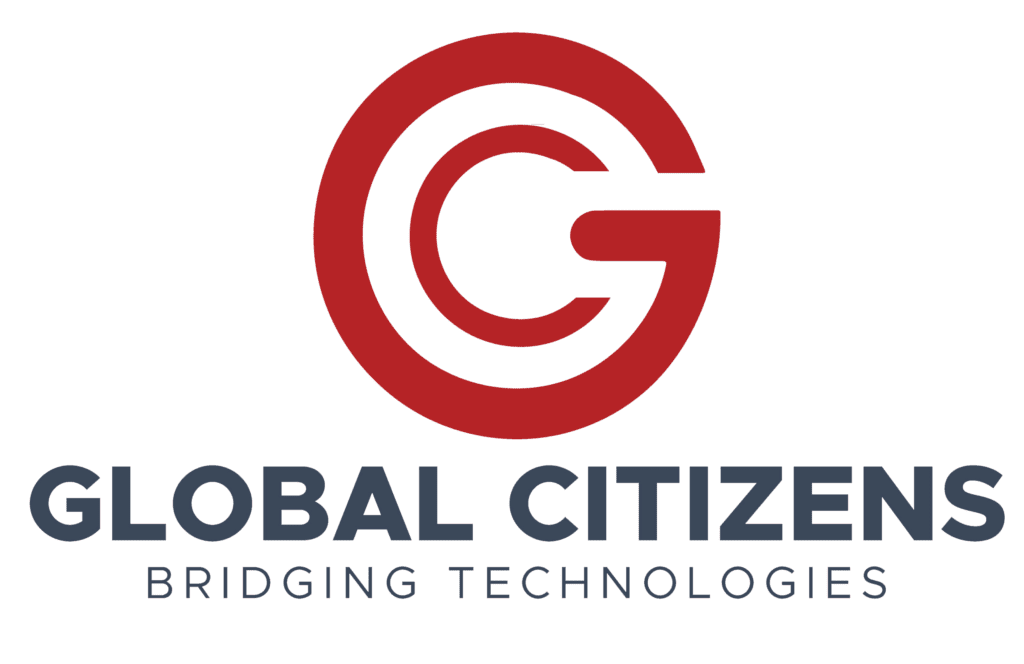Tel Aviv is only a short flight from European capitals, but this coastal city’s leadership in innovation and bustling startup culture makes it seem worlds apart. Ranked sixth in the world according to Start-Up ‘s Startup Ecosystem Ranking Genome in 2019, Israel was internationally recognized as a startup nation, surpassing the weight of a country with a population of just 10 million.
How did this small country become so innovative? And if some of these elements are specific to its unique culture, what could Europe replicate?
With 44 countries, including 28 European Union member states, Europe has a lot of potential for innovation—if local innovation ecosystems across the region worked better together. Successful implementation of the EU’s Digital Single Market strategy could generate an estimated value of 415 billion euros, serving a total population of more than 500 million people. Europe is full of internationally renowned universities and STEM graduates, but the market is fragmented by local language and regulations, as well as cultural differences.
Digital Initiative Europe is committed to creating a pan-European approach to innovation and entrepreneurship. To achieve this goal, the initiative sent a delegation to meet with Israeli founders, academics and businesses, as well as the leadership of the Israel Innovation Authority (IIA), to support the collaboration between Europe’s many digital hubs—and learn how the “ yi -hi- ye be-se- der ” (Hebrew for “everything will be fine”) approach can be applicable in Europe.
From those meetings, here are five lessons from Israel for European innovators and policymakers.
1. Reverse innovation model
IIA approaches innovation by first understanding the challenge, then working backwards to find the source solutions. This is the reverse innovation model. For example, established corporations were invited to present their challenges to startups. This spurs the formation of joint ventures (sometimes between competing companies) to address them.
An example is Floor , a fintech accelerator founded by international banks including HSBC, Deutsche Bank , RBS and Santander . The exchange uses a reverse innovation model to find challenges from banks, then searches the market for suitable startups, incubates and supports those who are researching potential solutions. They talk about providing “useful money,” where funding and mentoring go hand in hand. More European accelerators could be set up in this way to find solutions, focusing earlier on possible applications for the products of selected startups.
2. Technical excellence + endurance
Just days after announcing the first 3D printed human heart, Professor Tal Dvir discussed the research and development process that led to this breakthrough. However, his message focuses not only on success, but also on the need to do more and go further.
A similar message came from SpaceIL , the company that attempted Israel’s first moon landing. However, after nine years of work and millions of dollars in investments, the company failed to fulfill its mission when their unmanned spacecraft successfully entered orbit but crashed on landing. SpaceIL (supported by investors and the Israeli government) immediately announced a second attempt to become the fourth country on the moon, emphasizing the understanding that failure means no reason. nothing to not try one more time. In Europe, there’s an active discussion about learning to accept failure, but it’s not every day that a project “fails” nationally. While it may not be practical to copy and paste the Israeli approach, Europeans should still be looking for a mission to the moon during the Fourth Industrial Revolution.
3. Local support with global ambitions
In meetings with European delegates, speakers emphasized the need to think globally from day one, while emphasizing responsibility to local communities. In the tight-knit world of Israeli tech, even global companies are giving back. Amazon Headquarters Web New services at Tel Aviv has an entire floor open to the public for community events, while Intel —the largest employer in Israel—actively supports diversity programs. Startups like Moovit , an Israeli mobility company, immediately looked at global expansion, relying on voluntary “moovites ” to map local transit information in cities, both locally and around the world, would otherwise be underserved.
Ashleigh Ainsley , Founder of UK Colorintech, had a good lesson for European companies planning to expand beyond their immediate borders: “The size of their domestic and regional markets does not discourage founders but instead encourage them to build businesses that scale across borders. This shows up in ways like language support built into the product from the start. As a result, businesses exist that are robust and well-suited to breaking down the initial barriers to entry into foreign markets.”
4. Giving responsibility to youth
Military service is an undeniable cultural element in Israel. But the most common explanation for its importance to entrepreneurship has nothing to do with defence, but rather involves systematically scouring schools for the country’s best talent, and the following obligation is to accept responsibility and accountability early. In a country where nearly 45% of the population is under 24 years old, this is no small matter. Schools apply the same reasoning, teaching kids to take responsibility for their actions, even if it’s as simple as doing community service and keeping the school clean. This gives children self-determination and higher aspirations.
According to Wolfgang Grundinger , advisor to the German Digital Economy Association: “Like in the Israeli army, where talented individuals in their twenties have the opportunity to be responsible for their own budgets and lead teams and project, other countries should promote young people. leaders take responsibility sooner and empower them to lead their countries towards a digital future.”
Israel’s disproportionate impact on global innovation also stems from its close connections to the world’s highest-performing innovation ecosystems. Europe has everything it needs to build these bridges, internally and externally, and turn its diversity into a fertile ground for new business activities. Europeans need to promote cooperation between different ecosystem players — from large corporate players to entrepreneurs, policy experts and investors — as a key goal.
Unlike Israel, Europe does not need to start by attracting multinational companies. They already have a large industrial base that just needs to be exploited.
Nissim de Babani
Nissim is the VP of Marketing and Co-Founder of Global Citizens Technologies, an outsourcing company based in Ho Chi Minh City, Vietnam. He believes in connecting cultures and technologies and spent most of his adult life in Canada, Israel and Vietnam to realize this vision. He has more than 15 years of business experience in these areas. He is an entrepreneur and investor, and his passion is business development in the technology startup environment . He can’t start his day without mint tea and he loves spending time traveling with his children.

